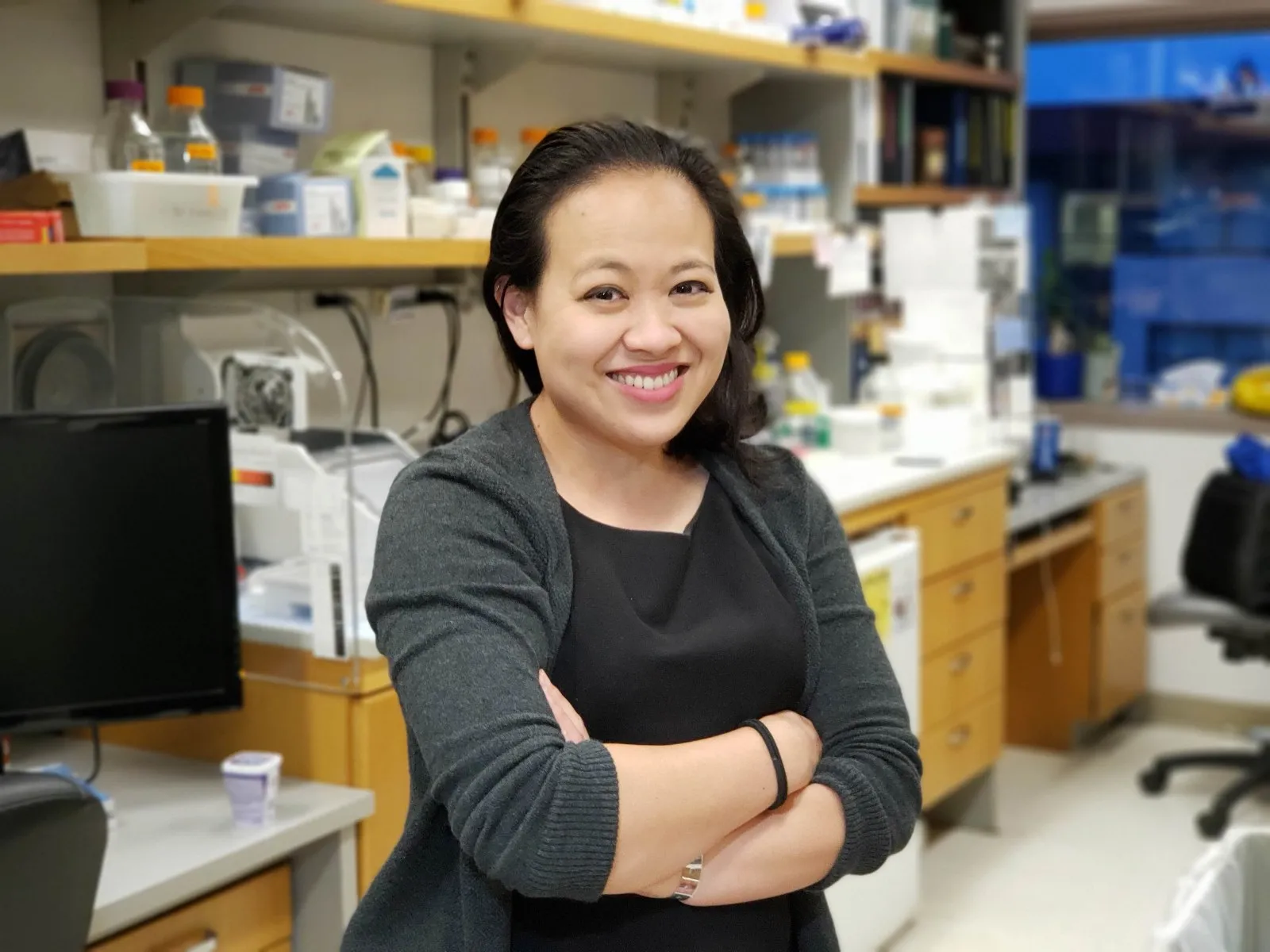This is a guest post from Jennifer Kong, PhD. The post was first published in abbreviated form in Science magazine, a publication of the non-profit American Association for the Advancement of Science (AAAS) organization, under the title “Suffering from COVID-19 anxiety? Here’s what you can do” (PubMed ID 32327599).
In not so many words, 2020 has not been a great year. Like many others, I am adjusting to life under a shelter-in-place order. However, as an academic, I feel conflicted. On the one hand, I am very grateful that academics still pays me to work from home. Research always marches on and I feel obligated to “use this time wisely” and hit peak levels of writing productivity. On the other hand, I struggle to focus on my science when so much is happening in the world. It just feels wrong to pretend that everything is fine.
To gain perspective and sanity on the situation, I recently chatted with my psychiatrist friend, Dr. Steven Chan, who serves on faculty at Stanford University School of Medicine and at the VA Palo Alto Health Care System.
Black hole of despair & worry
Jennifer: Even now, months into working from home, I occasionally find myself spiraling down a news hole of despair, spending hours catching up on all the terrible things happening in the world. The news makes me feel sad and helpless, which in turn zaps all the motivation out of my day. What should I do?
Steven: In these spirals, it is important to recognize that there are a lot of things happening right now that you cannot control and — even though it is incredibly hard — shift your time and attention to things you can control. For example, you cannot control the number of people who are infected and dying from COVID-19. But you can help your university collect and donate personal protective equipment for hospitals and reagents for COVID-19 diagnostic testing facilities. By empowering yourself with projects that truly make a difference, you feel more in control and motivated.

Jennifer: I worry about a lot these days. I worry about members of my family getting sick and I worry about my future in academics. How can I get rid of all this worry?
Steven: If you worry, try compartmentalizing the worry into a time block — specifically, commit 20 minutes a day towards listing, journaling, and acknowledging your feelings. Then, commit an additional 20 minutes systematically working out reasonable solutions. For example, you may worry about universities instituting hiring freezes. Write that down and think about what that might mean for your future job prospects. Then, consider your options: you could wait until next year to apply for an academic job, and continue to publish strong papers in the meantime. As a backup, you might want to think about jobs in other sectors, such as industry, communications, and government.
Trying to be productive. Feeling restless.
Jennifer: In these trying times, we are often encouraged to suck it up and soldier on. I am currently trying to write two papers. I know others are spending this time writing grants. Should we expect to use this “time away from the lab” to be super productive?
Steven: Working in a COVID-19 world is not normal. First, you should not dwell on the guilt for not functioning at maximum productivity levels. Second, it is important to recognize and process your feelings. You may want to do this by journaling or sharing your experiences with trusted friends and family. Recognize that, while you are accustomed to being productive, you need time to adjust to your new life, and process the grief that comes with the loss of your former lab life, the loss of your social life, and the loss of your recreational life. Depending on your needs, you may also want to talk to a therapist remotely.

Jennifer: Sometimes I wake up in the middle of the night and just cannot go back to sleep. I’m physically tired, but my brain is restless. I end up just lying there, thinking and worrying about way too much. Is this anxiety?
Steven: Anxiety is a persistent feeling of worry. It’s important to recognize that anxiety comes in many forms. Sometimes anxiety is lingering and constant, while other times it rushes in all at once. When dealing with anxiety, it’s important to take a step back, assess your emotions, and identify what you are going through.
The key to reducing anxiety is identifying it quickly and then directing your rational mind to take control of the situation. Learn how to quiet your anxiety. Look for something that is restorative and relaxing: listening to music, taking a hot shower, reading a book, and physical exercise can help.
Looking forward, free of anxiety
Jennifer: The one thing that always helps me process a terrible situation, is to look for inspiration in the good that others are doing. In these past few months, I have heard about and seen terrible things. I fear that there is still a lot of sadness on the horizon and feel a looming sense of dread, because I just do not know how bad it will get. However, I have also been inspired by an overwhelming amount of good in my community. For example, students, postdocs, and faculty members have donated thousands of dollars to support our furloughed food service workers. People are inherently good and it warms my heart.
Steven: One key strategy for combating sadness, stress, and anxiety is to express gratitude for what you have. Tell other people how much you appreciate them, and — in doing so — realize how much good is in your life.
Join the mailing list: Get a series of Mental Power Hacks each week, and get the free guide to performance hacks.
Jennifer Kong, PhD is in the laboratory of Rajat Rohatgi, MD PhD, and was awarded the American Heart Association Post-doctoral Fellowship and NIH K99/R00 Pathway to Independence Award by the U.S. National Institutes of Health. She uses CRISPR to study Hedgehog signal transduction.

